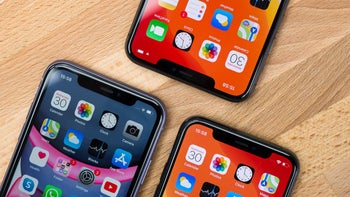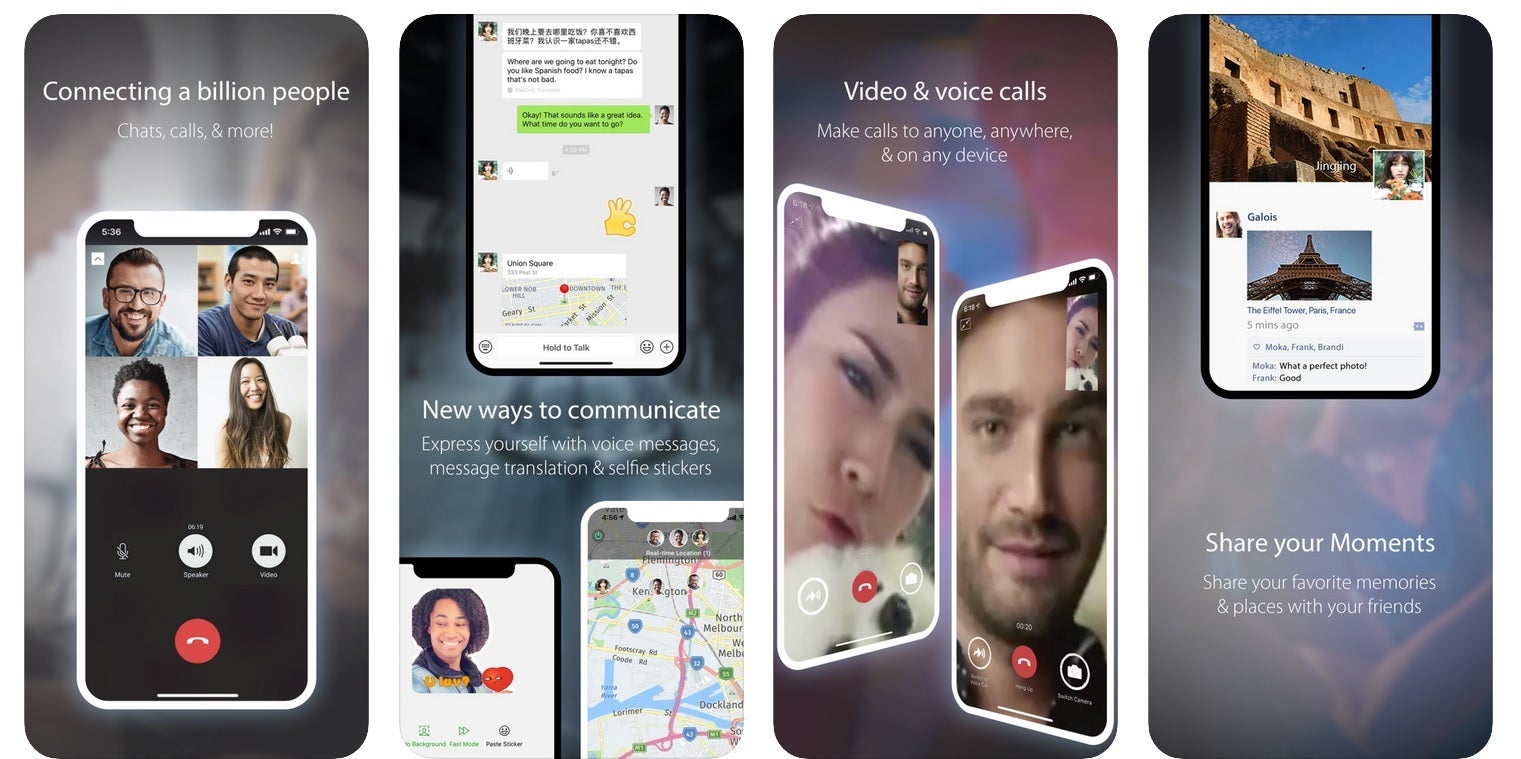95% of Chinese consumers would rather keep WeChat and lose their iPhone

While an executive order signed by U.S. President Donald Trump will ban TikTok in the U.S. starting in the middle of next month, another executive order from the president bans U.S. firms from doing business with the WeChat app also starting in the middle of September. As we mentioned last week, this executive order can backfire in the administration's face since it could severely curtail iPhone sales in China. And if Apple is forced to remove WeChat from the App Store, Huawei's phones (and others-more on that later) will benefit from the absence of the "super app" from the iOS app storefront.
Out of 100 Chinese iPhone users, 95 would switch brands rather than lose WeChat
You see, WeChat is the one must-have app in China with over one billion people using it as a browser, an email app, an app for online shopping and mobile payments, and more. A comment published by Bloomberg from Hong Kong resident and iPhone user Kenny Ou sums up the situation. If Apple is forced to remove WeChat from the App Store, Ou says that his iPhone will be turned into "expensive electronic trash." That's because like many iPhone packing Chinese consumers, he sees the app as one of the most important software features on his handset. Ou, an engineering student, noted that he might have a tough decision to make. "All my products are from Apple -- my Macbook, iPad, iPhone and even AirPods. Apple has created a robust linkage of their products and made me heavily reliant on their brand. It would be a tremendous disaster to my studies and work if such a ban was imposed."
- iPhone 13 leaks, release date, price, and specs

Most iPhone owners in China would prefer to drop the iPhone than lose WeChat
Shanghai Commodities trader Vincent Han was planning on replacing his Huawei handset with an iPhone. But these plans have been changed because of the possible WeChat ban. Han said, "I’m worried that WeChat will be banned on the iPhone. This will affect my work to a large extent, as 90% of my clients and colleagues communicate via WeChat. Still, even Samsung’s Android operating system is developed by Google and I’m concerned the Android platform will also bar WeChat."
It isn't only sales of the iPhone in China that could be impacted by the removal of WeChat from the iPhone. TF International analyst and the man who knows what the cafeteria in Cupertino will be serving on this date in 2023, Ming-Chi Kuo recently forecast that global sales of the iPhone this year will drop 25% to 30% if Apple is forced to remove WeChat from its iOS app storefront. Kuo also sees a global sales decline in the range of 15% to 25% for Apple's AirPods, iPads, and the Apple Watch if the Trump administration bans WeChat from the App Store.
WeChat parent Tencent believes that Trump's executive order will apply to WeChat in the U.S.only. As a result, the Chinese version of WeChat, Weixin, will remain available in the App Store. If this is the case, iPhone sales might not be as negatively impacted as originally thought. Still, on China's Weibo microblogging site, 1.2 million people were surveyed and asked to choose between WeChat and their iPhone. 95% of those who responded said that they would rather give up their iPhone than lose WeChat.
Apple started shipping the iPhone in China back in 2009 and since then, it has delivered 210 million units in the country. As of June, 20% of Chinese smartphone owners were using an iPhone compared to the 26% sporting a Huawei handset. China remains the world's largest smartphone market and as such, it is still an important region for Apple. During the last fiscal year, Greater China contributed 17% of Apple's total revenue or $43.7 billion. At its high-point, Greater China made up one out of every $4 spent on an Apple product or service.
If Apple is forced to stop offering WeChat, there are other Asian-based companies waiting in the wings including Xiaomi, Oppo, and Vivo.










Things that are NOT allowed: